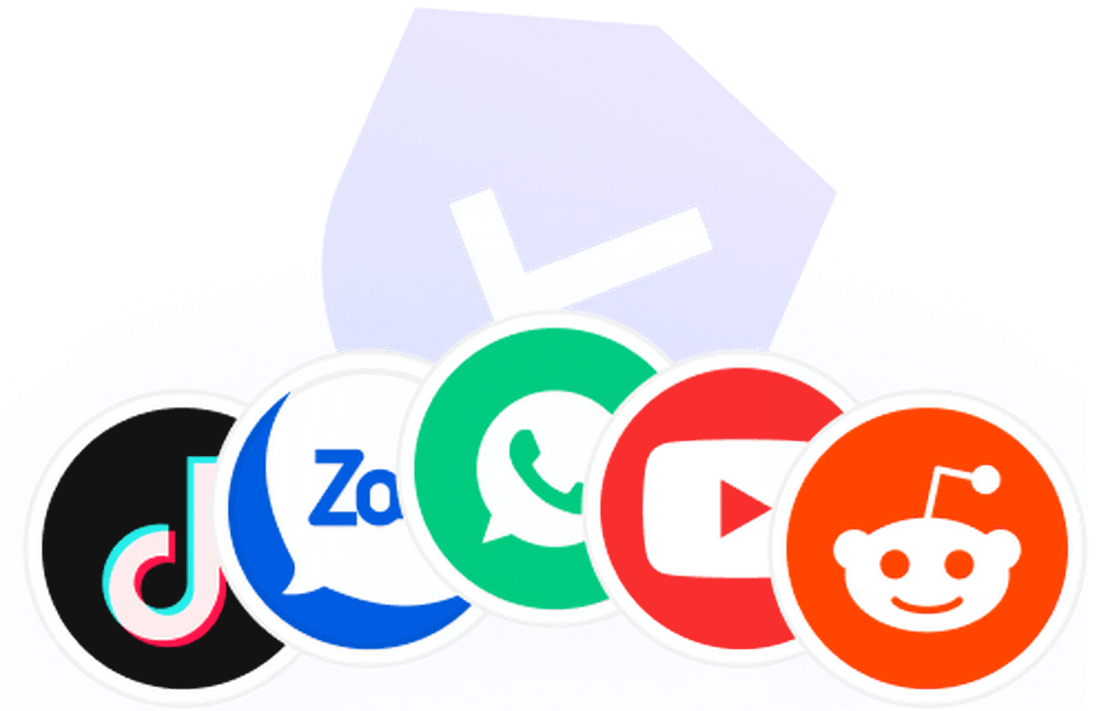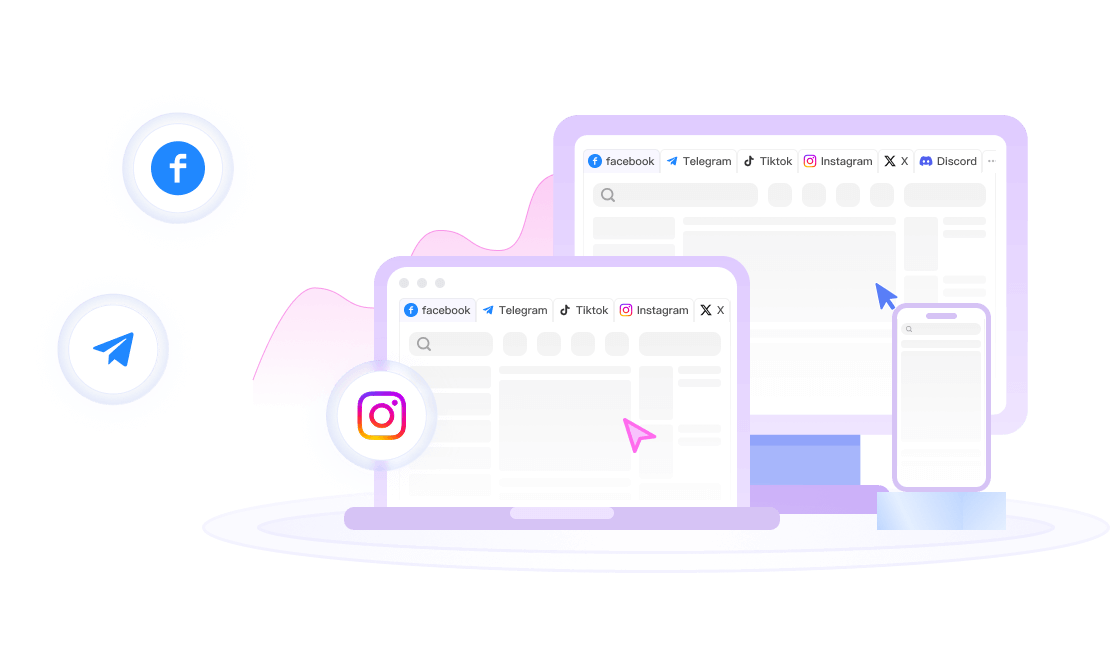CPC, or Cost Per Click, is a fundamental metric in paid digital advertising that represents the amount an advertiser pays each time a user clicks on their ad. It’s a common bidding model used in Pay-Per-Click (PPC) campaigns on platforms like Google Ads, Facebook Ads, and many affiliate networks.
The goal for advertisers is often to achieve the lowest possible CPC while still generating valuable clicks that lead to conversions (e.g., sales, leads, sign-ups). CPC can vary widely based on industry, keyword competition, ad quality score, targeting, and geographic location.
Why is CPC important?
- Budget Management: CPC directly impacts your advertising budget. Understanding and optimizing CPC is crucial for controlling ad spend and ensuring profitability.
- Campaign Efficiency: A lower CPC means you can get more clicks for the same budget, potentially leading to more traffic and conversions.
- ROI Calculation: CPC is a key component in calculating the Return on Investment (ROI) for paid ad campaigns.
How is CPC determined?
In most ad platforms, CPC is determined by an auction system, influenced by factors such as:
- Bid Amount: The maximum amount you are willing to pay per click.
- Ad Quality Score: A metric reflecting the relevance and quality of your ads and landing pages (e.g., Google Ads’ Quality Score, Facebook Ads’ Relevance Score). Higher quality scores can lead to lower CPCs.
- Competition: The number of other advertisers bidding on similar keywords or audiences.
How does CPC relate to anti-detect browsers?
While CPC is primarily optimized through targeting, keyword research, and ad creative quality, anti-detect browsers like FlashID provide critical support for marketers and agencies managing complex PPC strategies:
- Managing Multiple Ad Accounts: Agencies or large advertisers often manage numerous ad accounts across platforms like Google Ads, Facebook Ads, or Bing Ads for different clients, brands, or geographical regions. Using FlashID allows them to create isolated browser profiles for each account. This prevents these ad platforms from linking accounts based on shared browser fingerprints or IP addresses, reducing the risk of account suspensions or bans due to perceived policy violations (e.g., trying to circumvent spending limits, managing competitor accounts).
- A/B Testing and Optimization: To find the optimal CPC, marketers frequently run A/B tests on different ad creatives, landing pages, or bidding strategies. FlashID ensures that these tests can be run in separate, clean environments, preventing cross-contamination of cookies or local storage that might skew results, and allowing for reliable comparison of CPC performance.
- Affiliate Marketing and Traffic Arbitration: In affiliate marketing, especially when dealing with various traffic sources and offers, managing numerous ad campaigns is common. FlashID allows affiliates to run and monitor multiple campaigns simultaneously, each within its unique digital fingerprint, which is vital when bidding on keywords with varying CPCs or dealing with platforms that are sensitive to unusual activity.
- Avoiding IP/Fingerprint Bans: Excessive or unusual activity (e.g., frequent login/logout from multiple accounts, rapid campaign changes) from a single digital fingerprint can lead to temporary IP bans or stricter scrutiny from ad platforms. FlashID’s ability to provide a unique, consistent digital identity for each profile helps mitigate these risks, ensuring uninterrupted campaign management and CPC optimization efforts.
By offering a secure and isolated environment, FlashID empowers marketers to safely scale their paid advertising efforts, conduct precise testing, and manage diverse portfolios of ad accounts, all contributing to better control and optimization of their CPC.
You May Also Like


